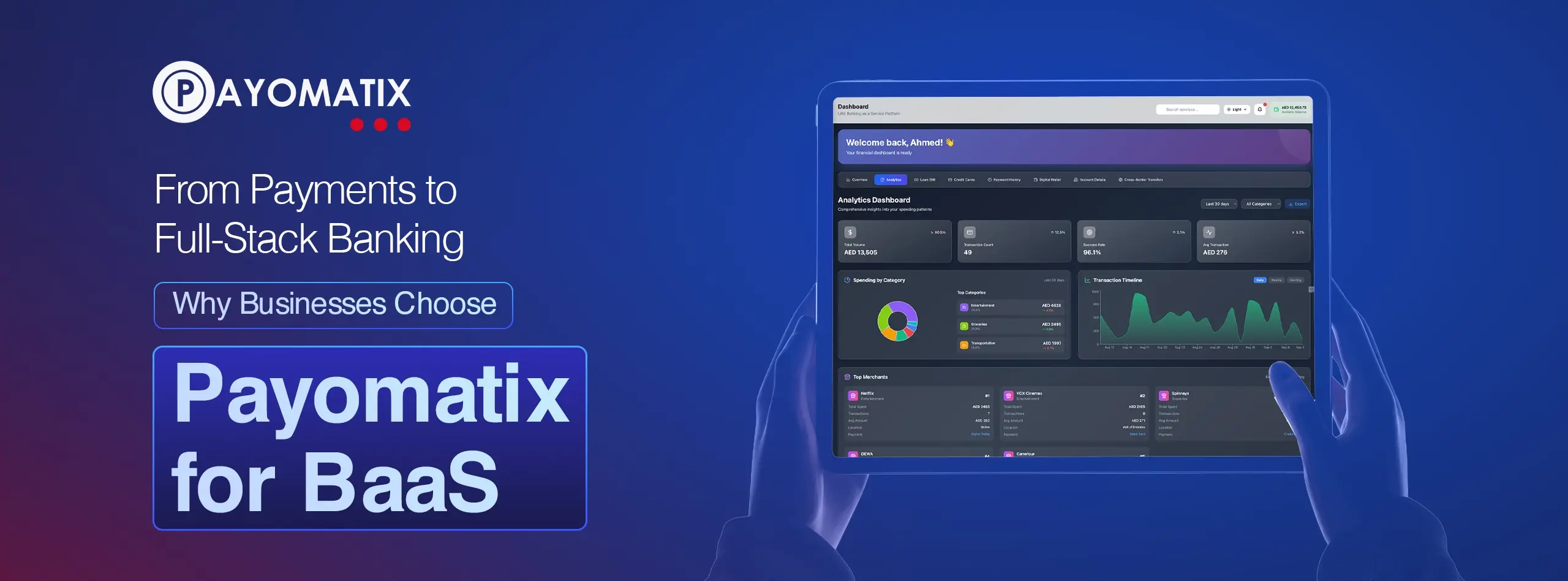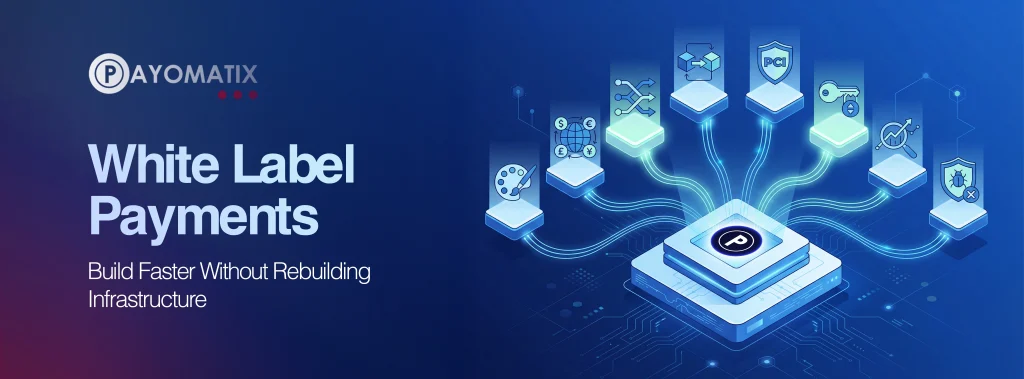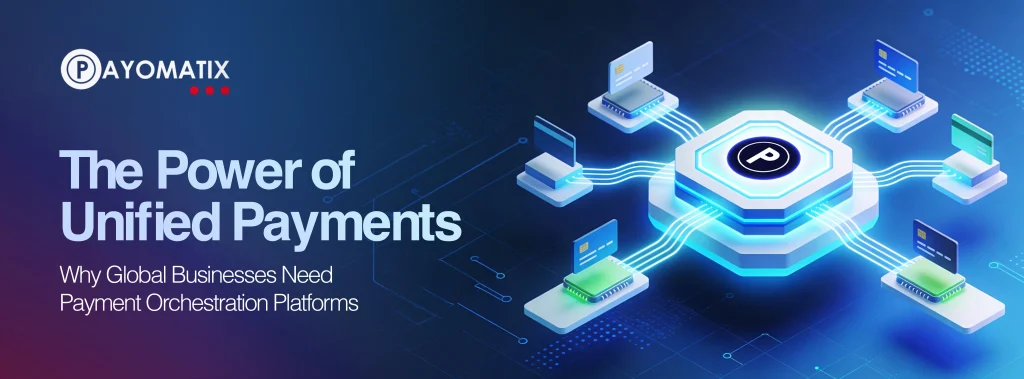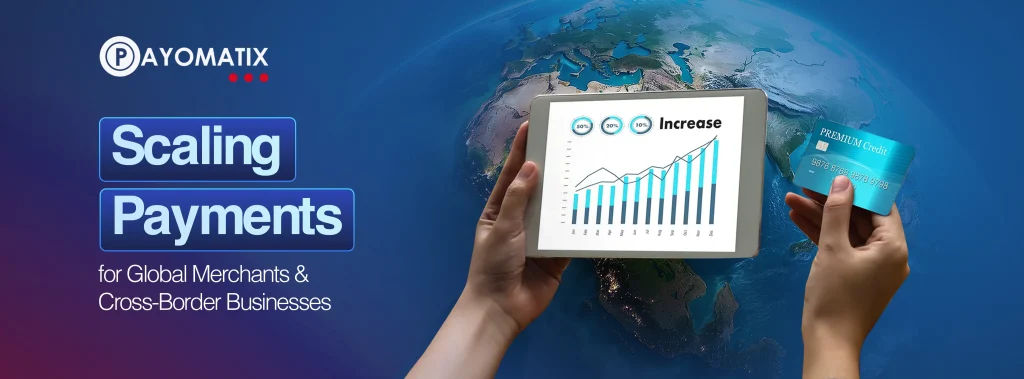For years, businesses relied on payment gateways as the backbone of digital commerce. They enabled smooth checkout experiences, powered online sales, and simplified payment acceptance. But today, the financial landscape is evolving — and businesses need more than just payments to stay competitive.
That’s where Banking-as-a-Service (BaaS) comes in. And at the center of this transformation is Payomatix, empowering companies to move beyond simple transactions into a world of full-stack digital banking — from accounts and lending to cards and embedded financial services.
The Shift: From Payments to Full-Stack Banking
1. Payments Were Just the Beginning
Payment gateways helped businesses accept money, but they couldn’t manage the broader financial needs of customers and merchants — like account management, lending, or treasury solutions.
2. The Rise of Embedded Finance
Consumers now expect banking-like experiences everywhere — in e-commerce platforms, fintech apps, and even ride-hailing or food delivery services. Embedded finance, powered by BaaS, allows businesses to provide these services directly within their platforms.
3. Why Businesses Need More
Managing multiple vendors for payments, accounts, lending, and compliance creates inefficiencies. Businesses are increasingly looking for a single, unified solution that handles the entire financial value chain.
How Payomatix Powers Full-Stack BaaS
Payomatix isn’t just a payments company — it’s the technology backbone for embedded finance. Here’s how businesses leverage Payomatix to expand beyond payments:
- Digital Accounts: Enable customers to open and manage accounts without traditional banks.
- Payments & Transfers: Accept payments globally with local methods, instant settlements, and payouts.
- Lending Solutions: Support BNPL (Buy Now Pay Later), credit lines, and business loans through integrated APIs.
- Cards & Wallets: Launch branded debit, credit, or prepaid cards alongside digital wallets for enhanced customer loyalty.
- Compliance & Security: Navigate KYC, AML, and regulatory requirements seamlessly, with Payomatix’s built-in compliance framework.
Real-Life Business Impact
- E-commerce platforms use Payomatix to offer instant refunds, customer wallets, and BNPL options.
- Fintech startups scale faster with ready-made APIs for accounts and card issuance.
- NBFCs reduce complexity by automating loan disbursements, EMI collections, and reconciliation.
By consolidating payments, accounts, and lending under one roof, Payomatix enables businesses to scale quickly and deliver customer-first experiences without operational bottlenecks.
Why Businesses Choose Payomatix for BaaS
✅ One platform for all financial needs – from payments to lending.
✅ Faster go-to-market with API-driven solutions.
✅ Built-in compliance and security to minimize risks.
✅ Scalable infrastructure for startups and enterprises alike.
In short, Payomatix allows companies to transform from payment-only providers into full-scale digital banking platforms — positioning them ahead in the future of finance.
FAQs on Payomatix BaaS
1. What makes BaaS different from a payment gateway?
A payment gateway only processes transactions, while BaaS offers a broader suite of services like accounts, lending, cards, and compliance support.
2. How does Payomatix help startups expand beyond payments?
With API integrations, startups can embed financial services like digital accounts and BNPL without heavy infrastructure investment.
3. Is BaaS only for fintechs?
No. E-commerce, NBFCs, SaaS providers, and even logistics companies can embed financial services to enhance customer experiences.
4. How does Payomatix handle compliance in BaaS?
Payomatix provides built-in KYC/AML solutions and works with licensed financial institutions to ensure regulatory compliance.
5. Can Payomatix scale with growing business needs?
Yes. Payomatix is designed to handle millions of transactions, multi-currency settlements, and cross-border operations as businesses expand.
✨ From payments to full-stack banking, Payomatix is the partner helping businesses own the future of finance.





